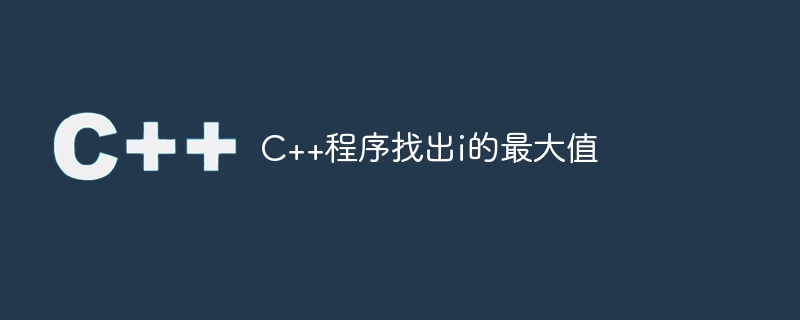
整数シーケンス 'seq' と、整数 0 ~ n - 1 を含むサイズ m の整数ペアの配列 'pairs' があるとします。ここで、seq[i] = i (0 ≤ i
整数 j (0
操作を複数回実行した後、seq[i] = i となる i の最大値を見つける必要があります。
入力が n = 4、m = 2、seq = {0, 3, 2, 1}、pairs = {{0, 1}, {2, 3}} の場合、出力は2になります。
可能な最大値は 2 です。
この問題を解決するには、次の手順に従います。
N := 100
Define an array tp of size: N.
Define arrays vtmp, vis of size N.
Define a function dfs(), this will take j, k,
tp[j] := k
insert j at the end of vtmp[k]
for each value b in vis[j], do:
if tp[b] is not equal to 0, then:
Ignore following part, skip to the next iteration
dfs(b, k)
res := 0
for initialize i := 0, when i < n, update (increase i by 1), do:
if seq[i] is same as i, then:
(increase res by 1)
for initialize i := 0, when i < m, update (increase i by 1), do:
a := first value of pairs[i]
b := second value of pairs[i]
insert b at the end of vis[a]
insert a at the end of vis[b]
idx := 1
for initialize i := 0, when i < n, update (increase i by 1), do:
if tp[i] is same as 0, then:
dfs(i, idx)
for each element j in vtmp[idx], do:
if tp[seq[j]] is same as idx and seq[j] is not equal to j, then:
(increase res by 1)
(increase idx by 1)
print(res)理解を深めるために、以下の実装を見てみましょう −
#include <bits/stdc++.h>
using namespace std;
const int INF = 1e9;
#define N 100
int tp[N];
vector<int> vtmp[N], vis[N];
void dfs(int j, int k){
tp[j] = k;
vtmp[k].push_back(j);
for(auto b : vis[j]) {
if(tp[b] != 0)
continue;
dfs(b, k);
}
}
void solve(int n, int m, int seq[], vector<pair<int, int>> pairs) {
int res = 0;
for(int i = 0; i < n; i++){
if(seq[i] == i)
res++;
}
for(int i = 0; i < m; i++){
int a = pairs[i].first;
int b = pairs[i].second;
vis[a].push_back(b);
vis[b].push_back(a);
}
int idx = 1;
for(int i = 0; i < n; i++) {
if(tp[i] == 0) {
dfs(i, idx);
for(auto j: vtmp[idx]){
if(tp[seq[j]] == idx && seq[j] != j)
res++;
}
idx++;
}
}
cout<< res;
}
int main() {
int n = 4, m = 2, seq[] = {0, 3, 2, 1};
vector<pair<int,int>> pairs = {{0, 1}, {2, 3}};
solve(n, m, seq, pairs);
return 0;
}4, 2, {0, 3, 2, 1}, {{0, 1}, {2, 3}}2
以上がi の最大値を求める C++ プログラムの詳細内容です。詳細については、PHP 中国語 Web サイトの他の関連記事を参照してください。